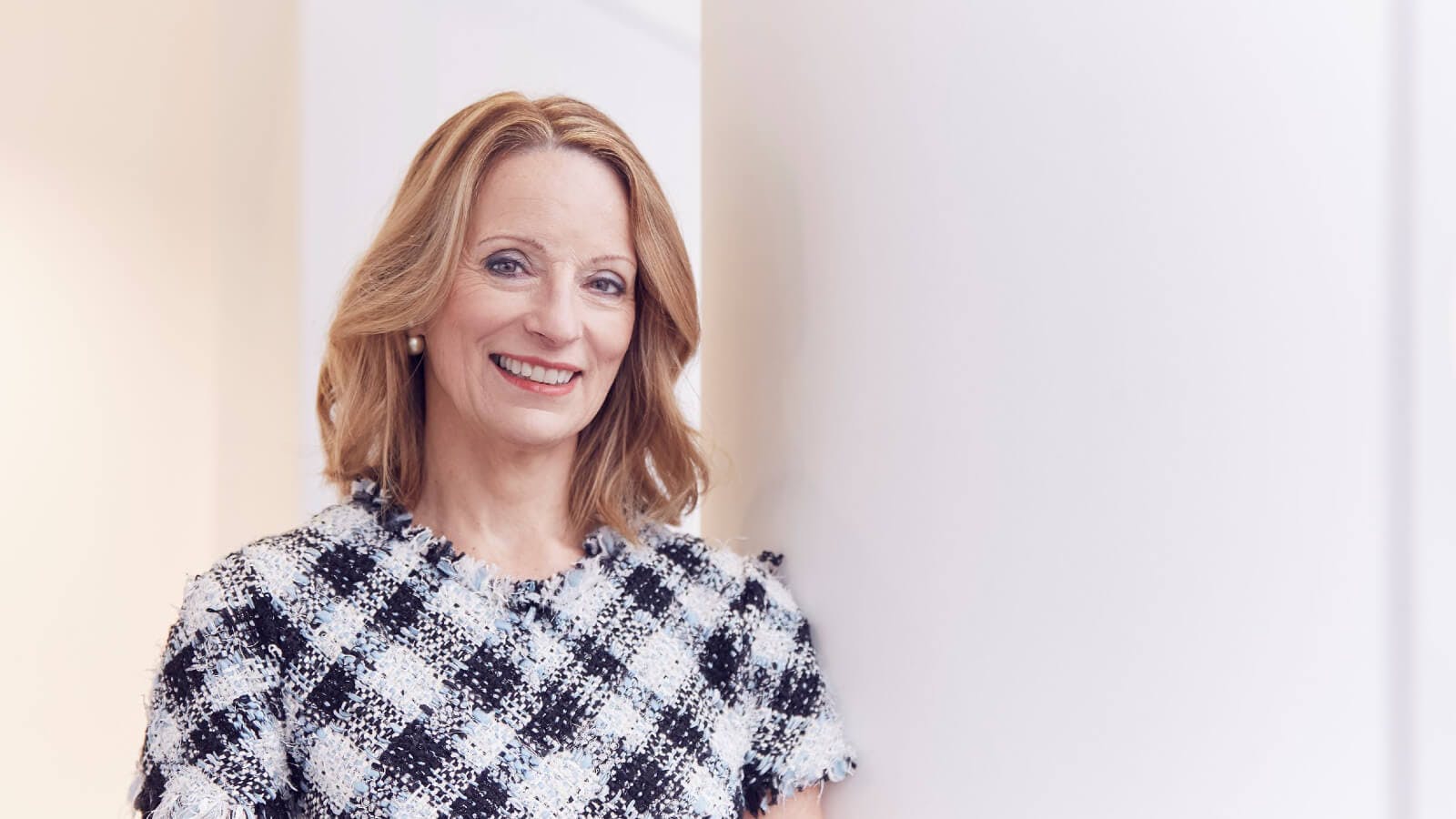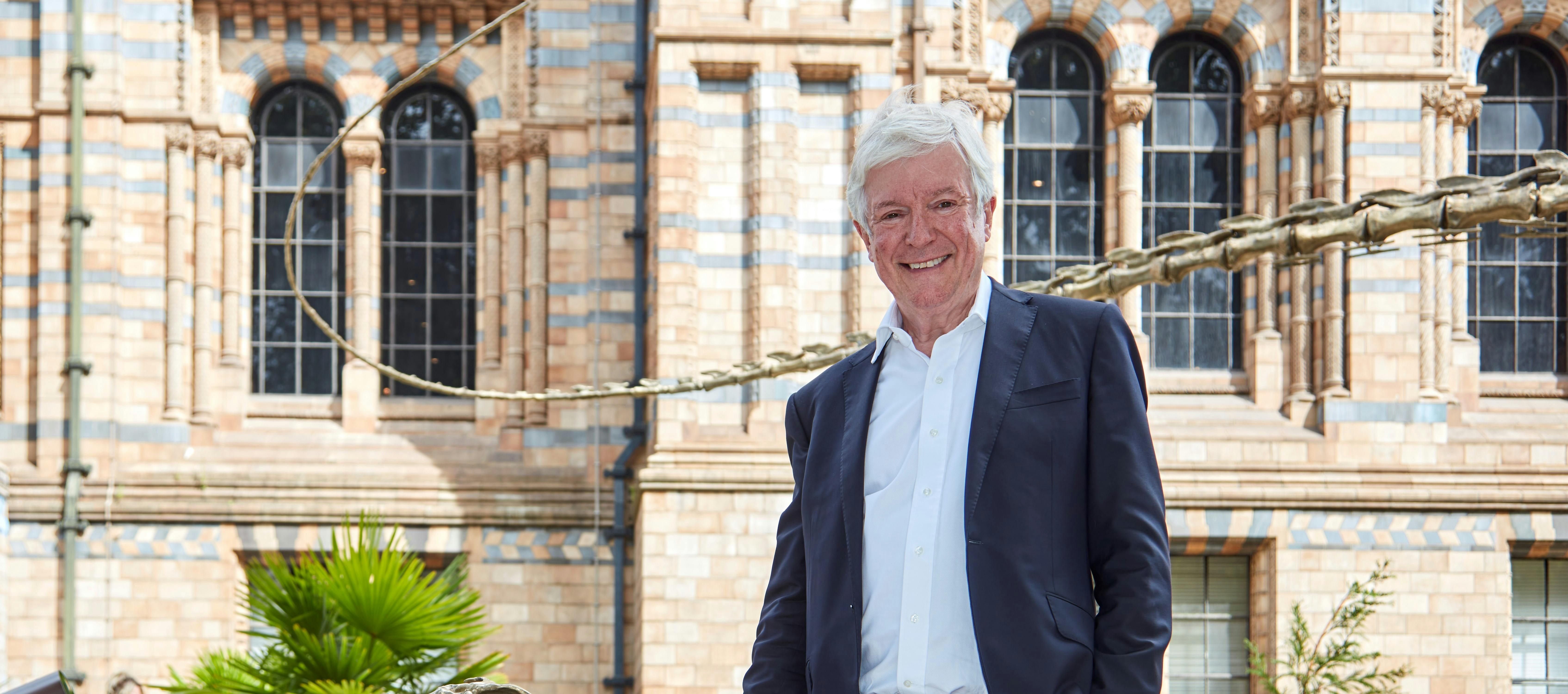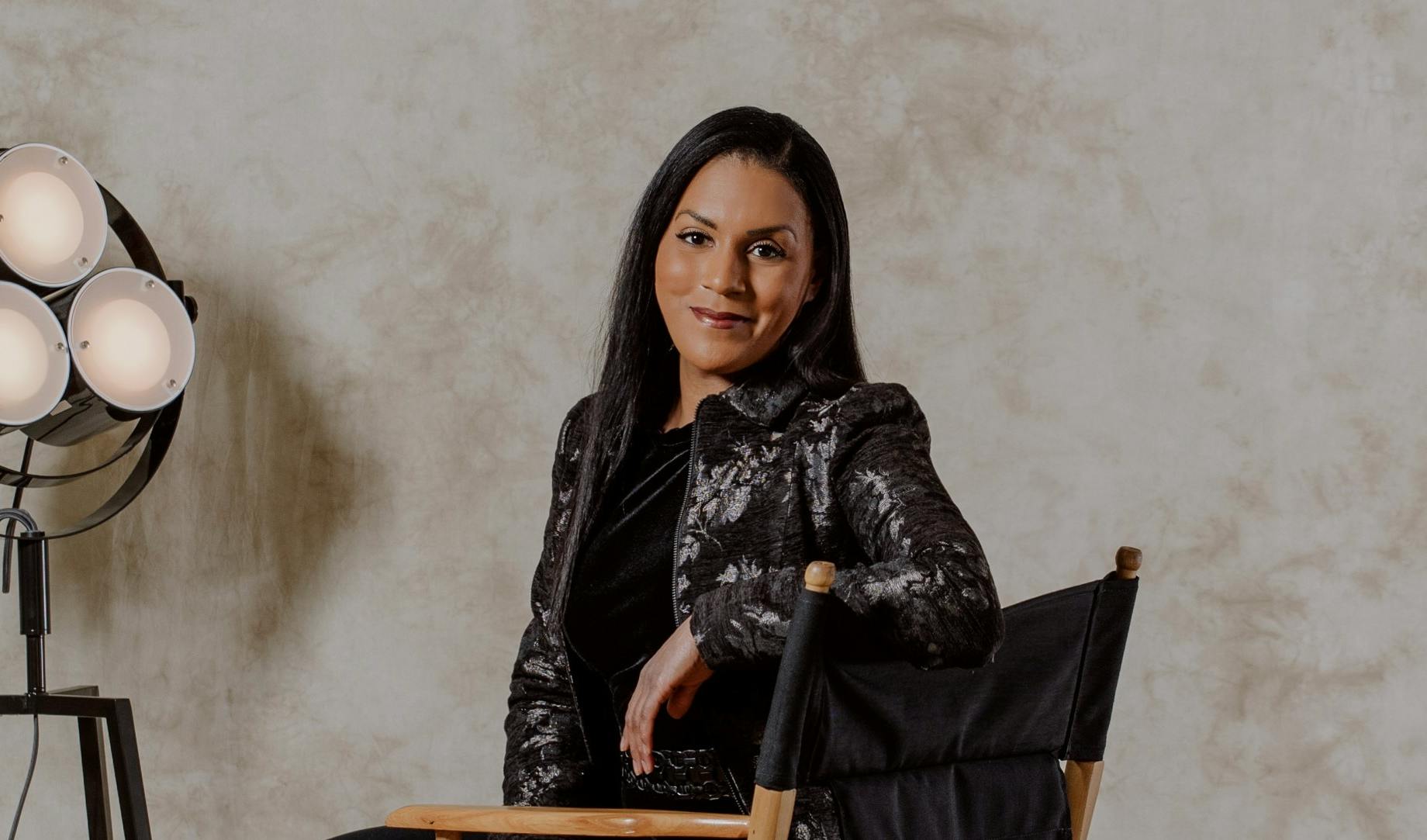
How to sit on a third-sector board | In conversation with Gay Huey Evans CBE and Susan Boster
Gay Huey Evans discusses the key differences between corporate and third sector boards, importance of diversity and the challenges of chairing.
Gay was appointed Chairman of the London Metal Exchange in December 2019. She is an Independent non-executive director of Standard Chartered PLC, where she is Chair of the Board Committee on Financial Crime and serves as a member of the Board Risk Committee. She is also a non-executive director of ConocoPhillips, IHS Markit, and the HM Treasury Board.
Gay spent several years at the Financial Services Authority and worked at Bankers Trust, Citi, and Barclays Capital, where she was Vice Chair of investment banking and investment management, responsible for Barclays’ relationships with sovereign funds globally. She was a non-executive director of London Stock Exchange Group plc between 2010 and 2013 and of Aviva plc 2011 to 2015. Gay holds a BA in Economics from Bucknell University and received a CBE in 2021 for services to the Economy and Philanthropy, following her OBE in 2016 for services to Financial Services and Diversity. She is a member of the Chatham House Panel of Senior Advisors, a Trustee of the Benjamin Franklin House, and is a member of the US Council on Foreign Relations and India-UK Financial Partnership (UK) Group.
What boards, private and third sector, do you currently sit on, and which have you sat on in the past?
I currently serve on the boards of ConocoPhillips, Standard Chartered, IHS Markit and HM Treasury, and chair the London Metal Exchange. Within the third sector, I currently sit on the board of Benjamin Franklin House. I used to be on the boards of The Wigmore Hall Trust and Bucknell University, and was a co-opted trustee to the Tate, Wellbeing Of Women, and The Beacon Collaborative.
What are the key differences between your experiences on corporate boards and third sector boards?
On the board of a public corporation, you have a built-in sense of purpose. Historically, this purpose has been shareholder value and the financial performance has told the story, with the aid of financial metrics. In recent years, the recognition of non-financial metrics has become much more important to boards, management and shareholders. With not for profit boards you have to evaluate impact. Many not for profit boards do not have the ability to evaluate impact and most of them are without a clear mission statement. This is a fundamental difference.
There is an interesting survey from Stanford University that shows how non-profit boards are under delivering. The majority of board members questioned believed that their fellow board members were lacking in experience or not fully engaged. Two thirds of those surveyed came from organisations that faced one or more serious governance issues. Another key finding was that many directors are reluctant to contribute actively to the discussion for fear of appearing uninformed. For any board to be effective, you have to ask a lot of questions and shouldn’t be afraid to do so.
What are the key qualities for a good board member?
You have a responsibility to undertake in-depth due diligence, whether on a private or public board before accepting a board position. One must read the board papers, listen, ask constructive and strategic questions, and support the executive team. Teamwork and being collegial is important, but when difficult issues arise, sometimes you have to jump out of the box and ask the difficult, awkward question that perhaps nobody wants to ask. Asking the hard question is the most difficult thing to do but is essential.
Diversity of skillsets and individuals is critical. One of the questions I ask my chief executives is “where is the diversity in your conversation?” Twenty years ago, nobody thought this was important, but now there is a recognition that we should have diverse voices around the table. Now I am sitting on boards where there are four female board members rather than one. Each one of us contributes differently and we have different outlooks on different issues because of our different skillsets. However, I still find it hard to be one of the only women in the room.
Lastly, you have to hold the organisation and management to account providing a safe place to ask for assistance or be frank. Whistleblowing or bringing forward an issue globally should be encouraged. This has come a long way both in the corporate and third sector world.
Many of the organisations you govern, such as HM Treasury, played a unique and meaningful role during the pandemic and will play key strategic roles in the coming economic recovery. This may mean that organisations are also subject to additional scrutiny over their decisions. How can a board help manage potential risks transparently, especially across large institutions?
Well-organised boards, whether large or small, should not be different in the way they consider risk. It’s about asking the questions upfront and challenging the executives to think through the implementation of what they want to do. Whether it’s government, alongside policy, or new business investment, you need to ask them “Have you thought about the potential risks?” and asking specific questions that are relevant to that venture.
What is your advice to someone looking to be a chair in any sector?
If you are looking to become a chair, do your due diligence; know the history of the company or the charity, know the board members and understand what and how they contribute. Try to get a grasp of the culture and its reputation and history in terms of whether there have been any past governance or financial issues, and if so, understand how they were rectified. You must also look at the position the company or charity occupies within the wider industry or sector. Most importantly, think through what added value you can bring to the board. The chair has to contribute to the agenda and prioritise the serious matters, alongside generating the culture with the chief executive by setting the tone at the top.
What are the specific challenges and learnings of being a chairperson, compared to a trustee?
To use a metaphor, the chair is the conductor of the orchestra, and the trustee is an instrumentalist, offering a unique skillset. The chair’s role is to get the best out of each one of its board members, just like the conductor with their instrumentalists. One of my key learnings is that as a board member or chairperson you don’t interfere with the day to day management of the business. The chair and the board set the strategy but don’t execute it. The chair must have a good relationship with the chief executive. You are effectively mentoring and guiding them and are the sounding board for lots of issues, but ultimately, they make the decision. If you second guess them often enough, you have a problem and as chair it is your responsibility to remove them. That is the most important role, removing the chief executive if things go awry.
How do your organisations across sectors approach board composition?
Boards need to have a good balance of different skillsets and diversities. It is important to ensure that the skillsets of the individuals on the board are diverse enough that they think differently and can ask different questions. Boards shouldn’t be too large and should be proportionate to the size of the organisation. I have found that smaller boards are more effective.
How do for-profit and non-profit boards approach financial decisions and investments differently, in your experience? What advice would you offer to board members looking to bring financial resiliency to their organisations, especially in the wake of the pandemic?
They shouldn’t approach them differently. Financial resilience is important for any organisation; therefore, one should always understand where revenues are coming from and what the future outcome of those revenues is likely to be. The difference is that in a small charity, you just need someone who understands financials; in a large organisation you need a competent CFO, a Treasurer’s office etc. Either way, you always need to look at underlying costs and revenues in order to manage the organisation.
A board is comprised of various skillsets, one of which should always be financial expertise. The person or person(s) on the board with that skillset should be supporting and advising the executive or team within the organisation who is responsible for financial accounting.
Are there any best practices that you have learned through your experience of chairing organisations that you have brought into your work in the charitable sector?
I consider issues through a risk-based lens. Reputational risk is so huge for all companies and it is so important to think through the reputational implications of all major decisions. From chairing the Financial Crime Committee at Standard Chartered, I have also learned to adopt a financial crime lens and think through whether we are doing enough within the areas of anti-money laundering, anti-bribery corruption and modern-day slavery prevention. I try to implement these learnings across all of my boards.
When have you gotten it wrong, and what did you learn?
You get it wrong all the time because you are making decisions all the time; there is never a right answer and you can always do something better. Nobody gives you the blueprint of what decisions to make; decisions need to be weighed up and there is rarely a straightforward right or wrong answer. Sometimes I jump in prematurely and say what I am thinking, which can be a mistake. It is important to be thoughtful and not critical when voicing your opinion; finding the right words to ask a difficult question can be challenging.
Susan Boster is the Founder and CEO of Boster Group Ltd. an independent marketing consultancy that creates innovative brand partnerships for global corporations and cultural institutions to achieve business and social impact goals. Current and recent clients include BNP Paribas, Montblanc, Insight Investment, Moët Hennessy, AMEX, Gap Inc., Credit Suisse, Bacardi, EY and Disney. Boster Group shapes partnerships on the basis of shared values, untapped assets and complementary capabilities. Distinctly, Boster Group measures return on investment for its clients and is focused on the impact of the creative campaigns it develops. Previously a CMO for News International, Susan is currently on the boards of English National Ballet, Donmar Warehouse, The Representation Project, and serves on the Enterprise Committee at The Design Museum.
Nurole provides best-in-class hiring for forward-thinking boards. We blend the power and reach of technology with a very human understanding that every role, every organisation and every candidate is different. Contact us to discuss your next hire or find out more about becoming a member here.






